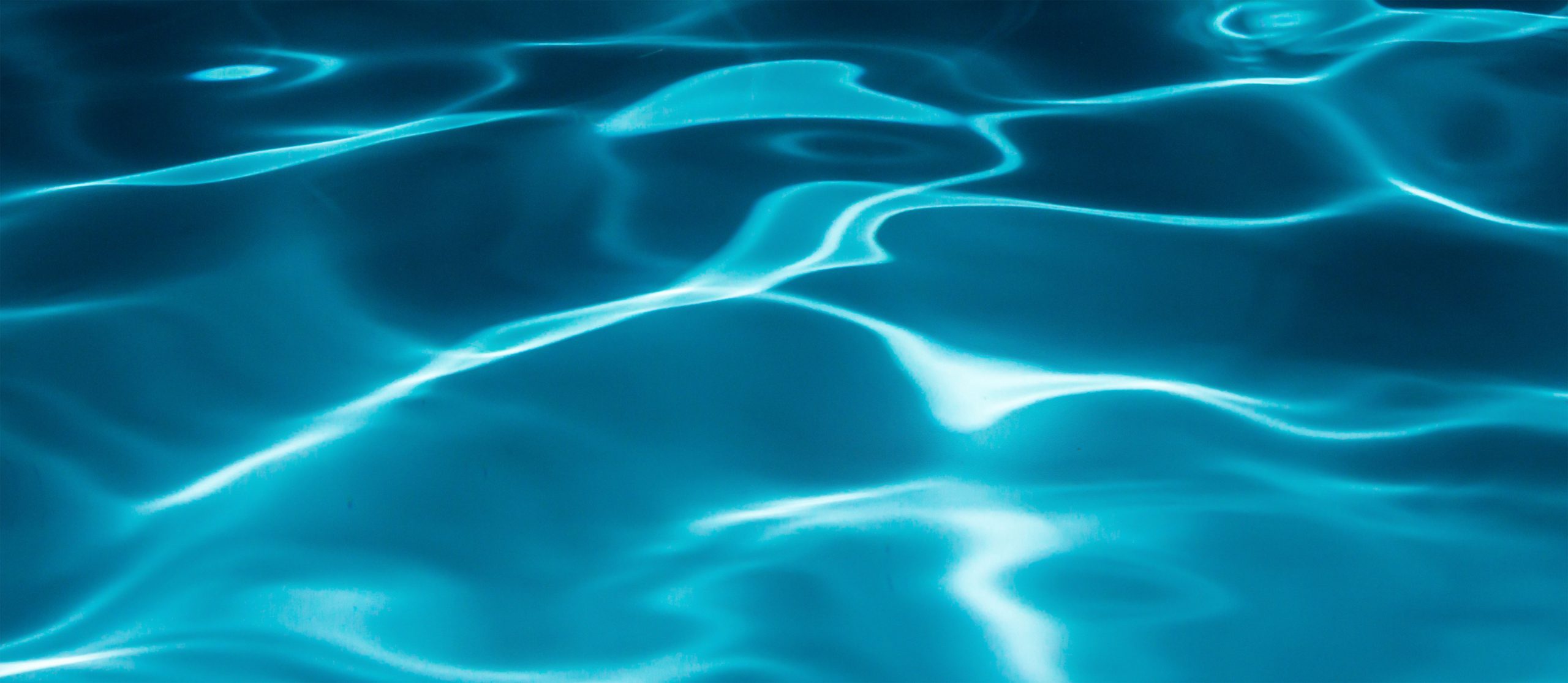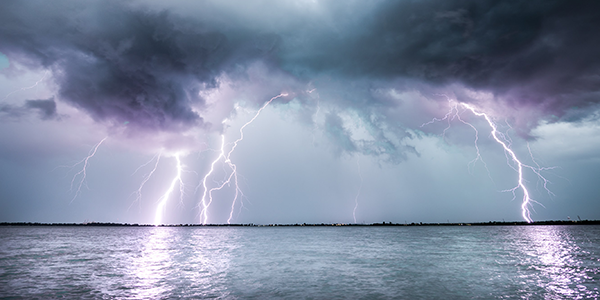Why is My Pool Cloudy After a Rainstorm?
- September 22, 2020
- Blog, Uncategorized,
Afternoon storms are so common in South Florida that you can practically set your watch to them. He’s another “rain check” for you: It’s definitely going to ruin your pool chemistry. We’ve already covered how to protect your hot tub from storms, but your pool should be no exception.
How Rainwater Affects Your Pool Chemistry
We like to think of rain as this pure, aqueous substance from the sky, but that’s only about half true. Yes, rainwater is as pure as it’s going to get when it’s held within the clouds. But the second it starts raining, that water becomes dirtier and dirtier before it hits the ground. That’s because rain picks up impurities in the air, including:
- Pollen
- Dust particles
- Dirt
- Nitrates
- Phosphates from air pollution
All these impurities increase the acidity of rain. That’s good for your garden, but bad for your pool. Here’s why: You want an ever-so-slightly basic pool. A good pH is 7.2–7.8, and 7.4–7.6 is ideal. But rainwater hits the earth with a pH of about 5–6. If the rain’s heavy enough, that slight change is enough to decrease your alkalinity and dilute the cyanuric acid your pool needs to maintain a good free chlorine count.
Of course, none of this even begins to scratch the surface of what the added dirt and debris will do to decrease your chlorine’s efficacy. More organic material, like leaves and dirt, in your pool doesn’t just mean that you’ll have less free chlorine to do its job. It may also put more stress on your pool tank, shorten the lifespan of your filtration system. It also increases your pool’s calcium hardness, which could also be contributing to your cloudy water situation.
Add some dirty runoff water from your garden to your deep end, and you have yourself a surprisingly dirty pool. Now, instead of enjoying an afternoon swim to yourself, you’re left to run the vacuum and break out the skimmer.
You can’t completely prevent rainwater from damaging your pool chemistry, but you can take a lot of steps to prevent it from getting out of hand.
How to Prevent Rain Damage to Your Pool
If you know a storm is coming then you need to get your pool prepared. Make sure the water chemistry is well-balanced before and after the storm. You should definitely keep the pump running after the storm, but we strongly recommend turning it off while it’s storming to prevent an electrical hazard or damage.
You might think about topping your pool with a cover before a storm to mitigate the chemical change, but that’s wishful thinking. Unlike hot tub covers, pool covers are designed to keep water in the pool, not out, by reducing the amount of water evaporation from the sun’s rays. You might get some results from a solid, retractable pool cover, but that might cost more than it’s worth to you.
You’ll need to test and rebalance the water after the rain stops, as well as clean out your skimmers. With really heavy rains, you’ll probably need to shock your pool, but you might need a pool shock that doesn’t contain calcium if the hardness level is too high, which would be about 180–220 ppm.
There are other pool problems that may present as cloudy water that we’re not covering here. If that’s the case, give us a call and we can help you clear out the clouds!



